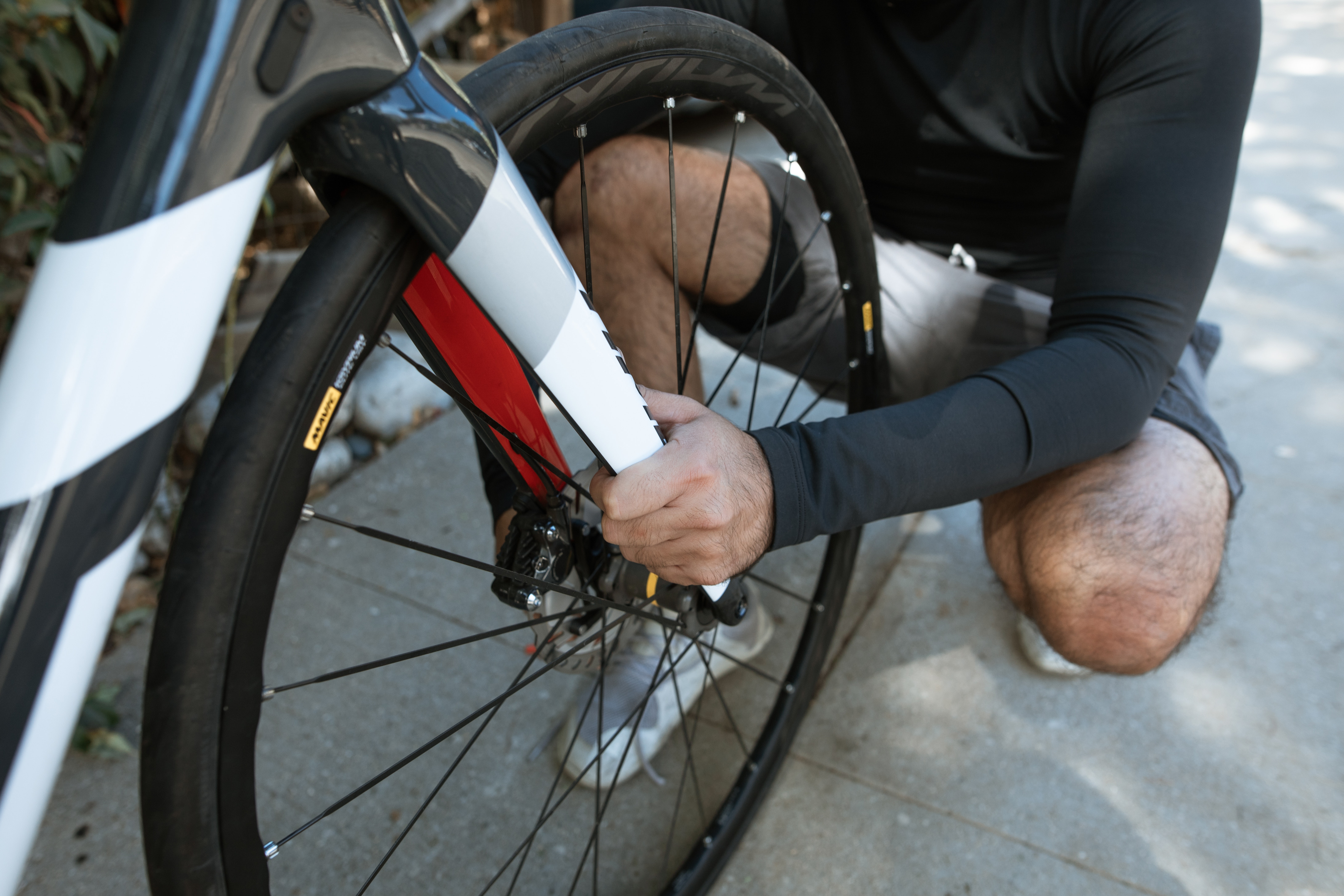Electric bikes are a more natural replacement for cars than they are for traditional bikes. With that in mind electric bike incentives should be about replacing cars. By taking cars off the road we are able to reduce our emissions and cut down on congestion for the times when cars are actually the better option.
Generous incentives that involve trading in your car can be great for this. Especially when used in conjunction with regular subsidies on electric bikes. France’s recent scheme is a great example of this. You can get €4,000 when you trade in your car in favour of using an electric bike.
Now there’s some caveats to that, like how much you get based on income levels, but none of that really matters. What I want to talk about is incentives in general, not the specific incentive used in France. So do incentives really help create cyclists?
The Results
The short answer is yes, incentives improve cycling levels. But is it creating long term cyclists? After all someone might get a bike under a bike to work scheme but that doesn’t mean they’re cycling it in the long term.
Generally speaking though it does increase long term cycling levels. Some people will slip back into using their car more but plenty of people stay on the bike once they find it works. There are things we can do to improve it even more though.
Lose The Car
Like we already mentioned, trade in schemes help. By offering a generous price like France does to exchange a car to get an electric bike it removes just swapping back to driving. People are a lot less likely to drive a short distance when they don’t have a car to drive. We were shocked too.
Obviously this doesn’t work for everyone. Some people do need a car for whatever reason. And those people should have separate schemes to help them get on a bike easier. But for those who can give up a car it helps stop them from going back to driving a five minute journey they could cycle. Longer journeys are replaced with public transport.
Generosity Helps
Incentives should be as generous as possible. It costs more to do it but it also makes for more long term drivers. France offering €4,000 means that new cyclists can get a good quality electric bike to replace their car. If you give too little cyclists get a worse product and it affects how they view bikes afterwards.
Think about it. If you traded in a valuable asset for an electric bike that feels rough on the road and went dead before you got through each day would you get another bike or swap back to cars? Now this is extra true of schemes that require people to lose their car since they are giving up something valuable. But it’s true for no-catch schemes too. You can give someone £500 to get a bike but that’s not going to be a great quality bike. We can’t just give everyone top quality e-bike levels of money though, there’s a balance to strike.
The truth of the matter is that you can’t just put the minimum amount of money into bike buying schemes and expect the best results. For people to actually swap from their car to an electric bike you need to make it more than just affordable. You need to make it a worthwhile change in their life.
At the end of the day it doesn’t really matter the details of a program as long as it gets people on bikes. But it’s worth remembering that getting people to make a real difference in how they live requires more than a token effort.



